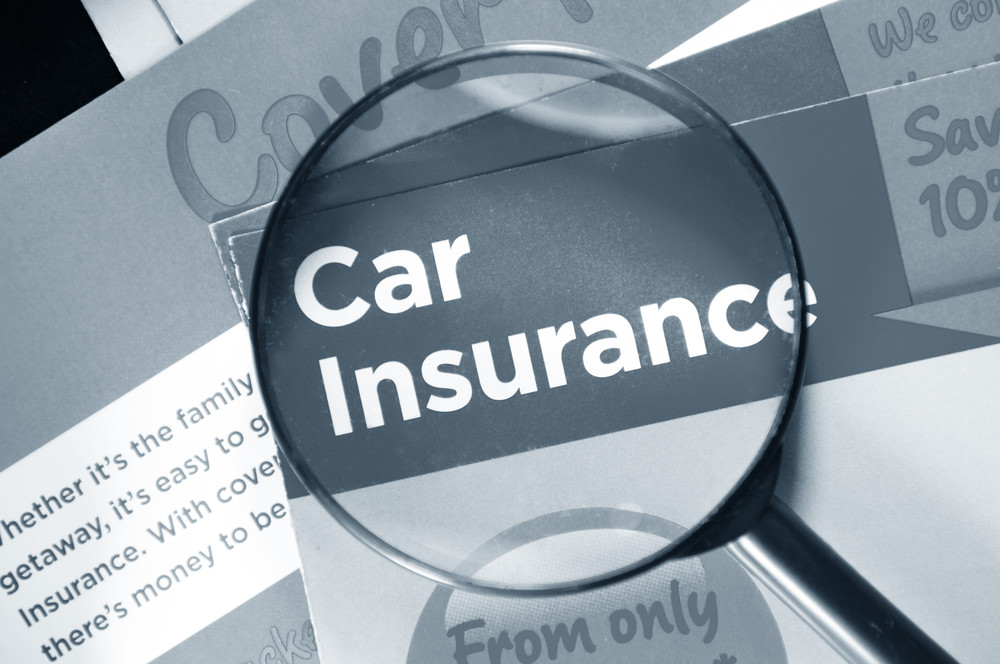
What Kind of Insurance Should You Get for a New Car?
Buying a car is one of the most rewarding moments in your life in terms of quality necessary purchases. It's something you've been saving for and have worked hard to find the perfect model for you and your needs. However, with this powerful moment comes the simultaneous realization that now you've got a new thing to worry about: insurance to protect that investment. If you've just bought a new car and are looking for tips on how to “steer” through the insurance line, then here's some tips to cover.
Contact your insurance provider immediately
As soon as you buy a new car – or, ideally, before, you should let your insurance agent know. If you don't have insurance, then you'll want to start looking for a company to assist with your policy before you actually go to buy the car, if possible. Remember that a lot of buyers can commit to a car and then go pick it up another day, simply for this purpose alone.
Driving without insurance is illegal in most states, so you should focus on contacting the insurance company as soon as possible when buying a new car.
Do competitor research
Even if you're with an insurance agent before buying your new car, or you're loyal to a certain company for whatever reason, it could be helpful to do some competitor research for quotes. It never hurts to know where the best deal is and sometimes you can be surprised with who offers the best rate and for which reasons. This also provides insight into whether you are paying the “going rate” based on your driving record, location and vehicle you are buying. Knowledge is power, after all! So, try to choose your insurance provider wisely. However, just because your insurance isn’t the cheapest, doesn’t mean that it isn’t perfect for your situation.
Understand what you need
There are many different kinds of insurance out there in terms of policies, so you should take your time to understand what each one is and remember to pick the one that is going to be best suited for your needs. Insurance is not always “one size fits all”.
Liability insurance:
This insurance has coverage for injury and property damage of the person that you hit and does not provide coverage for you or for your car's damage.
Comprehensive insurance:
This insurance will cover your car from damage due to a fire or a natural disaster where your car needs to be repaired. These are just a few examples of car insurance policies to consider for your new car.
Consider additional insurance options
You can also look at additional insurance options such as rental reimbursement, which is a policy add-on that will cover the cost of a rental car while yours is in the shop. You can also look at an add-on for roadside assistance if you are concerned about locking yourself out, getting a flat tire and more. Further, depending on whether you have a lienholder there may be certain requirements on top of the state minimum requirements.
Car insurance is a “necessary evil” for having a new car, but it also allows you to focus on enjoying that new car for much longer. This will start you in the right direction to put you and your new addition on the road to enjoy the adventures that are waiting.
Automotive Aftermarket Services doesn’t sell insurance but we sell aftermarket products to insurance dealers and thought this information would be beneficial to dealers to provide to their customers or just valuable for any car owner. If you are a dealership looking to provide added value to your customers, contact us with how we can help you up your game and add to your bottom line.